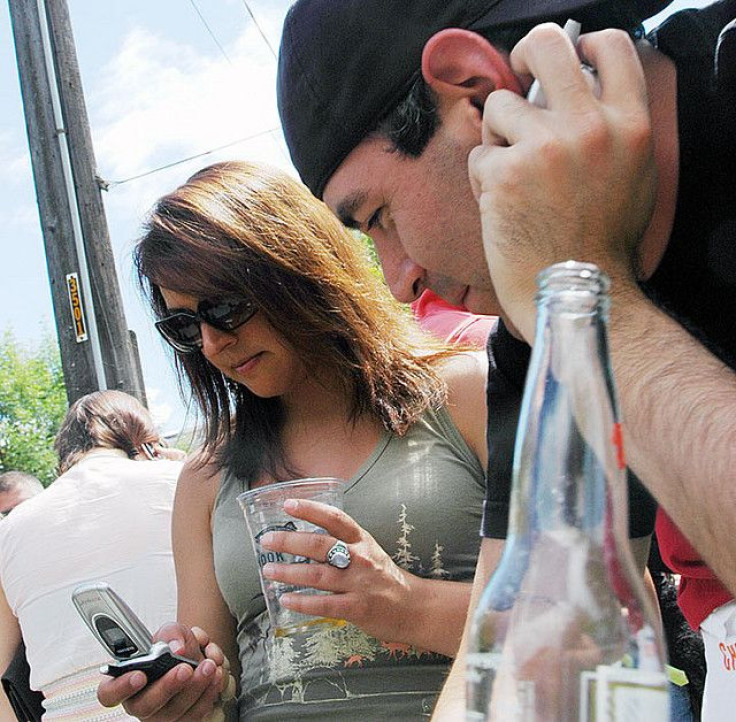Urine For Phone Charging: Human Waste May Someday Power Mobile Medical Kits As New Source Of Alternative Energy

The untapped power of urine represents a potential gold rush in the field of alternative energy, scientists in the United Kingdom say.
Using microbial fuel cells, researchers at the University of West of England say it's entirely possible to charge a cellphone with urine. They used three microbial fuel cells made from acrylic with 25 millleter anode and cathode chambers, which were connected via small pumps to a one-liter reservoir bottle. In ranges between 25 millileters to 300 millileters, urine was added into the reservoirs, or injected directly into the anode inlets in much smaller volumes of 0.1 millileters to 10 millileters.
Using urine from healthy volunteers with no history of urinary tact or renal disease, the researchers tested fresh urine versus samples stored for a week. With the urine-powered fuel cells, the scientists successfully stored enough energy derived from urine to make a phone call with a Samsung mobile device, as well as to send texts and browse the Internet.
However, the technology remains largely undeveloped and can only power the device for a little while.
Ioannis Ieropoulos, a senior research fellow at the university, compared the energy scheme to other alternative forms of power, such as solar energy. "The beauty of this fuel source is that we are not relying on the erratic nature of the wind or the sun, we are actually re-using waste to create energy," he told reporters. "The impact from this could be enormous, not only for the wastewater treatment industry, but also for people as a paradigm shift in the way of thinking about waste."
With an annual production of 6.4 trillion liters of urine, the energy potential would be significant.
The research project is part of a larger effort to develop renewable energy funded by the Bill & Melinda Gates Foundation as well as the U.K. Engineering and Physical Sciences Research Council.
Although the experiments represent a first in urine-powered devices, the concept of turning waste into energy is nothing new. In 2005, researchers in Singapore announced the development of a battery activated by biological materials, such as human excrement. The team told National Geographic their work was intended to provide a disposable power source for medical kits, helping to bring greater health to the developing world.
But the dream of turning the world's waste into bountiful energy and catapulting life to greater heights struggles against practical limits. To date, such efforts to turn waste into energy have required more input of energy to produce little output.
Below is a video on urine conversion into energy:
Source: Ieropoulos I. Scientists Power Mobile Phone Using Urine. Physical Chemistry Chemical Physics. 2013.



























